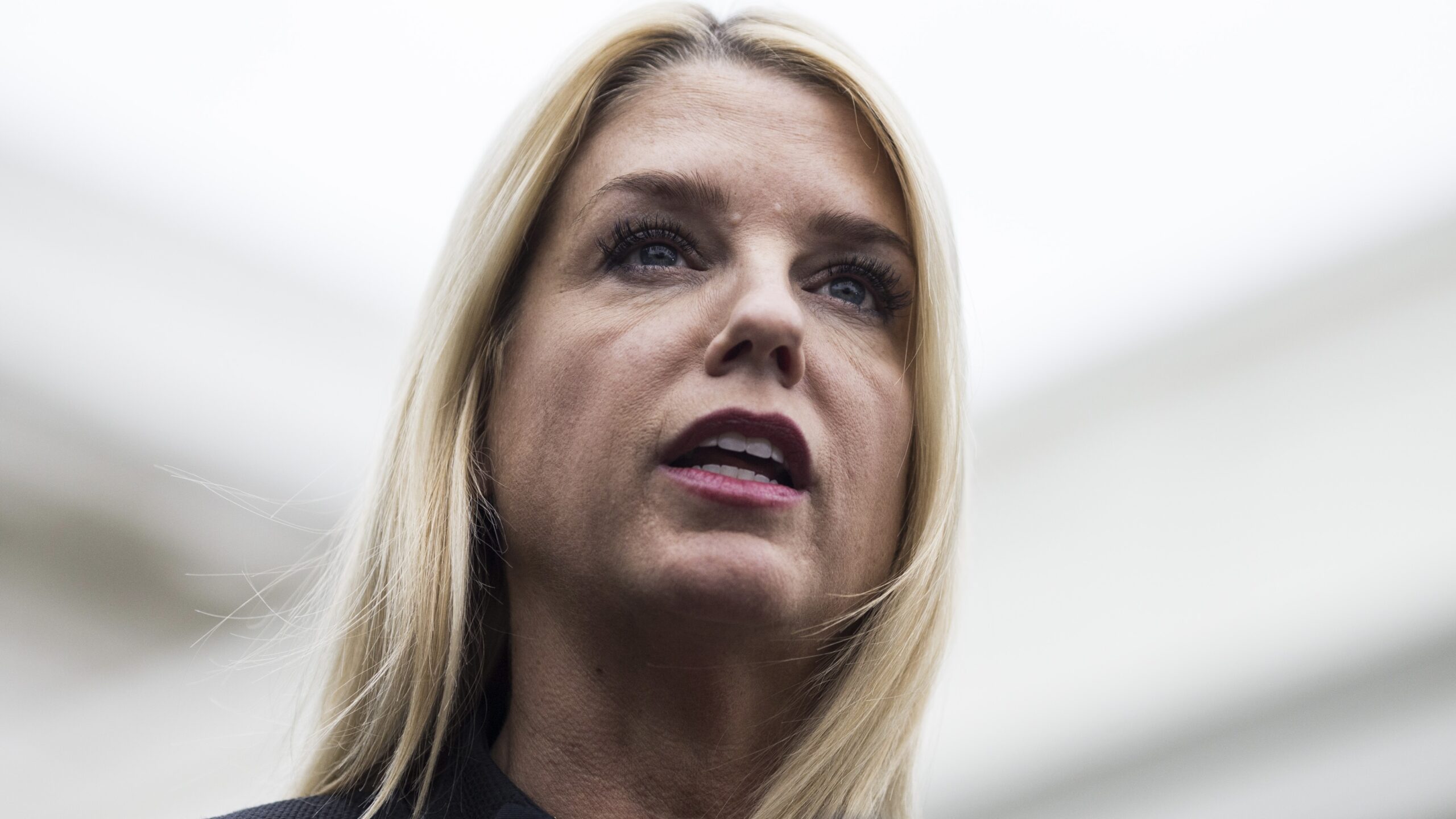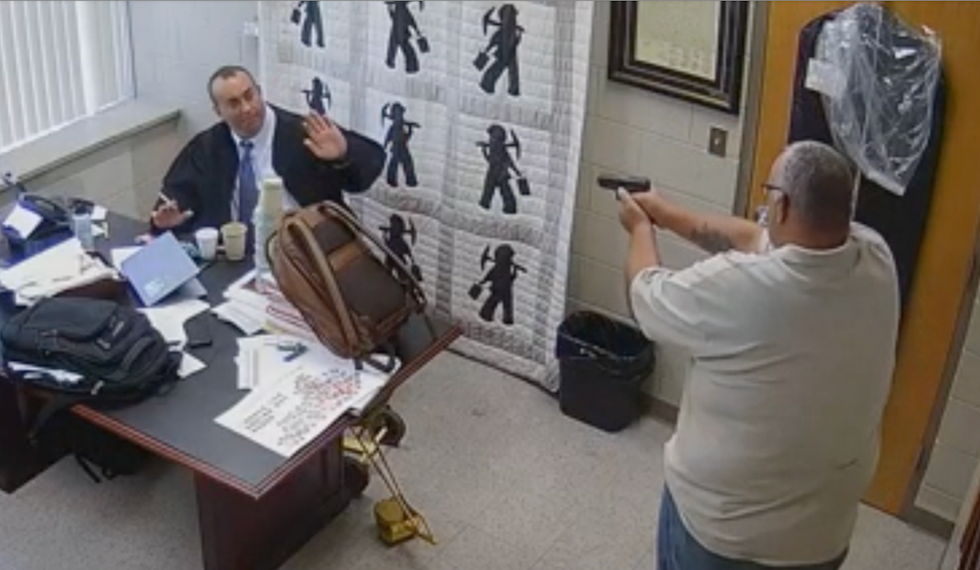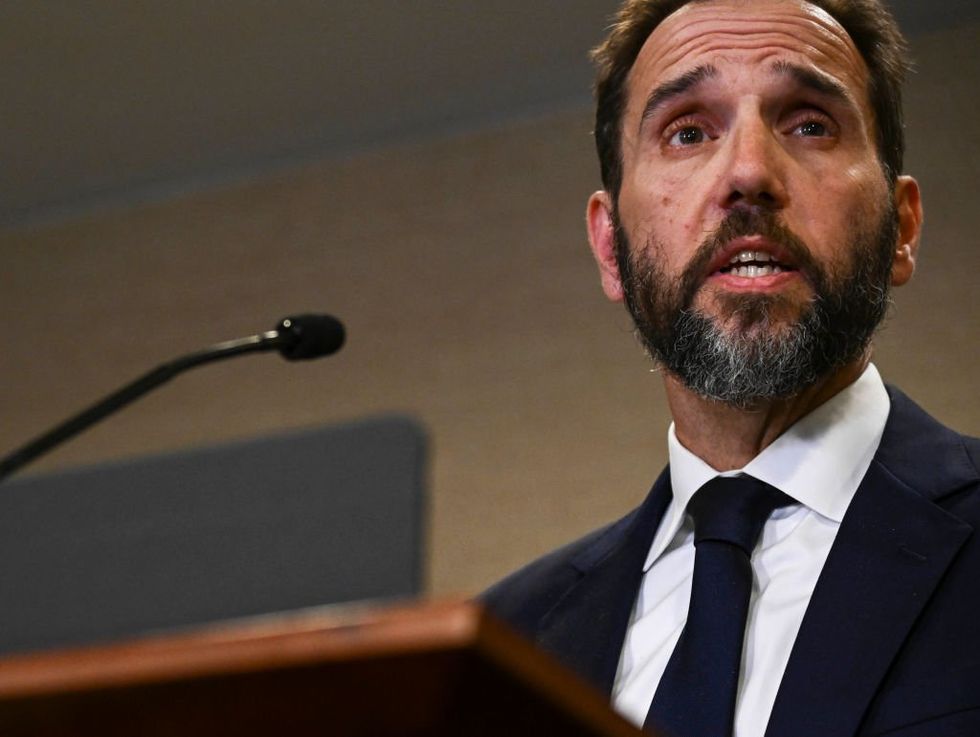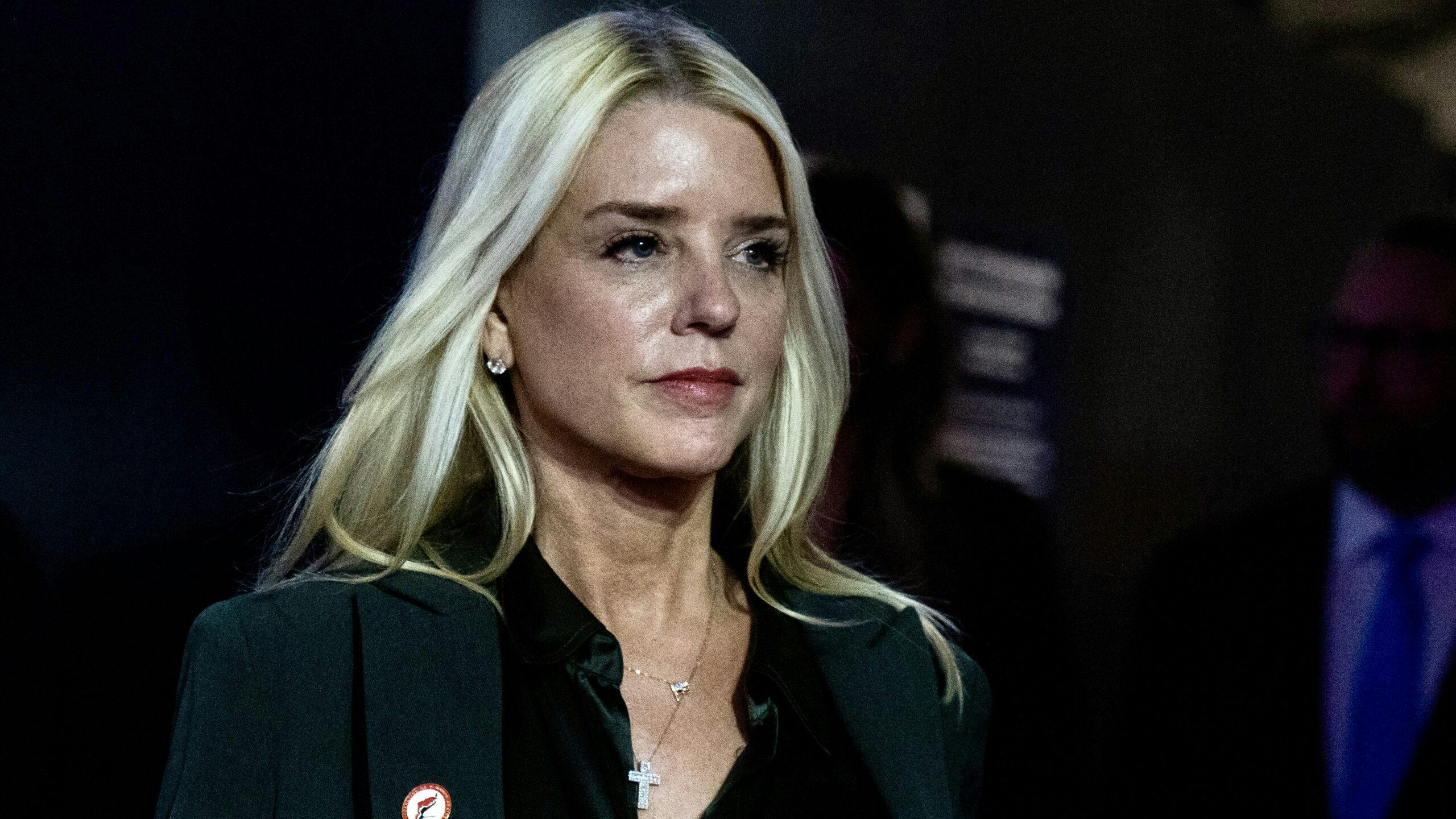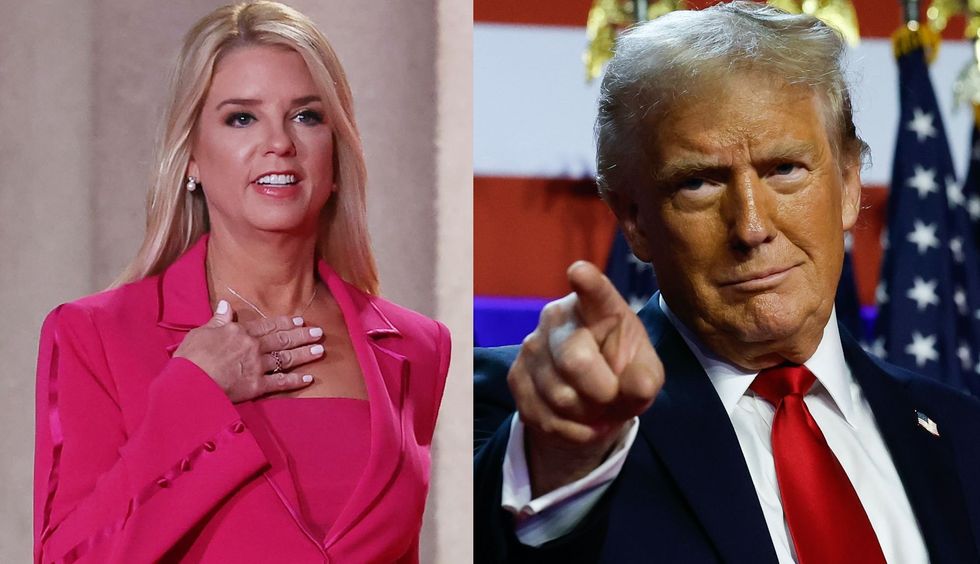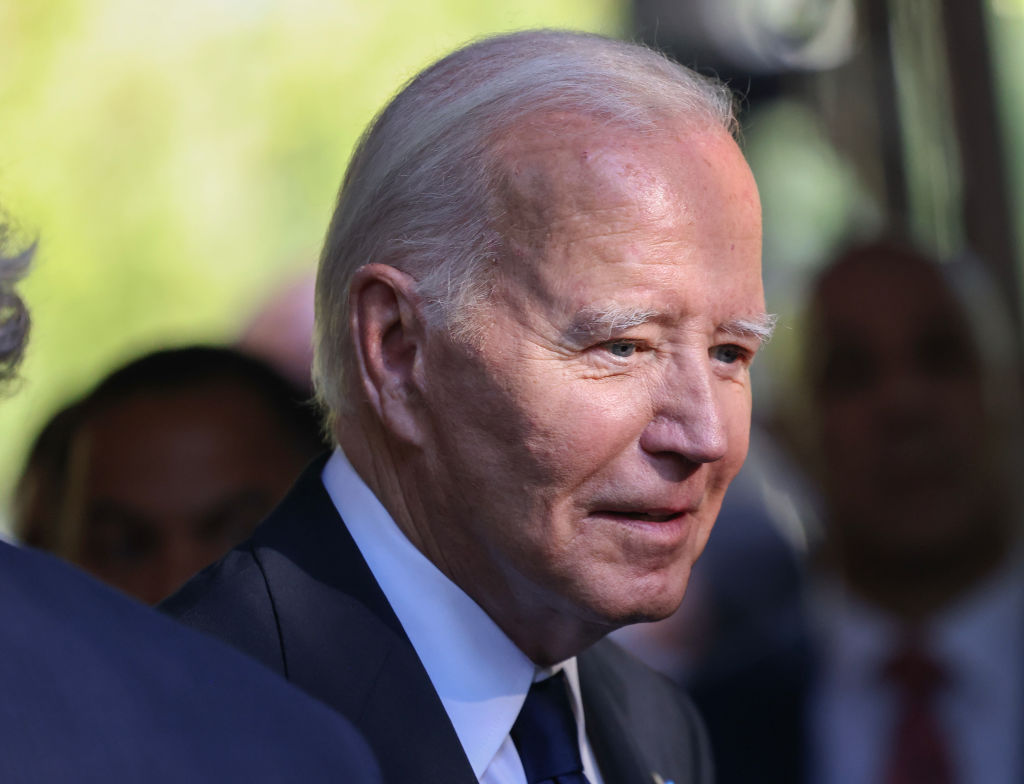University of Maryland President Acknowledges ‘Recurrent Language,’ Submits To Plagiarism Review
Darryll Pines wrote to faculty of plagiarism evidence: “While I am steadfast that our results, data and findings are sound, I acknowledge recurrent language in the introductory sections.”
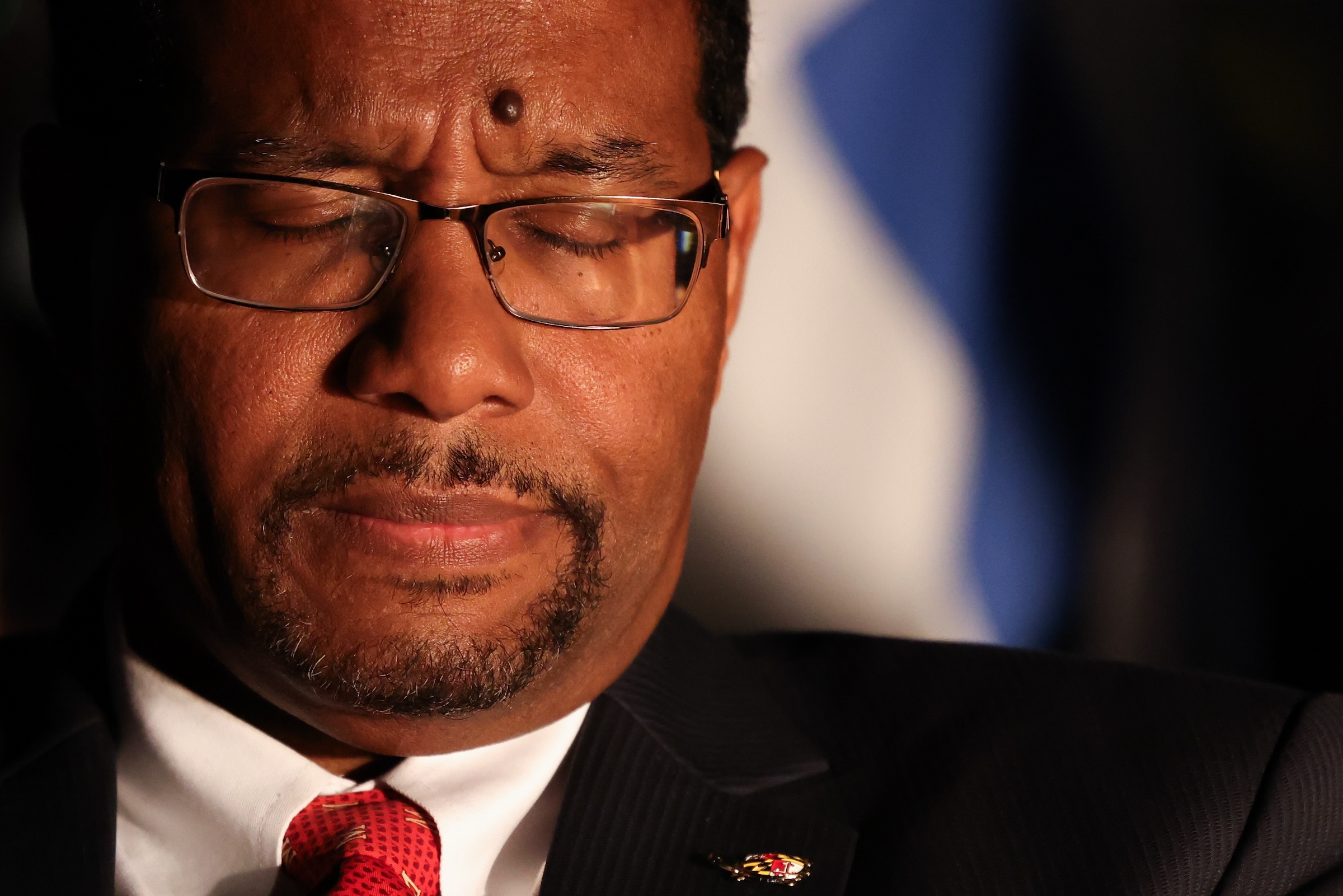
The president of the University of Maryland will face an internal probe after The Daily Wire exposed extensive plagiarism in his published writing.
On Wednesday evening, Darryll Pines sent an email to all university faculty under the subject “A forthcoming impartial review.”
“Just yesterday, a blogger contended that I co-authored papers in 2002 and 2006 on the topic of structural health monitoring that used language from an online tutorial without citation,” Pines wrote. “While I am steadfast that our results, data and findings are sound, I acknowledge recurrent language in the introductory sections.”
“While I do not believe there is merit to these claims, an impartial review is in the best interest of the university. Consistent with existing policies related to research conduct, I have asked the Office of Research Integrity (ORI) to begin an independent review. The findings of the ORI review will be shared with the University System of Maryland Chancellor Jay Perman through our Office of Faculty Affairs in the Provost’s Office,” the email continued.
The email is somewhat contradictory, as Pines acknowledges “recurrent language,” but denies that he plagiarized outright.
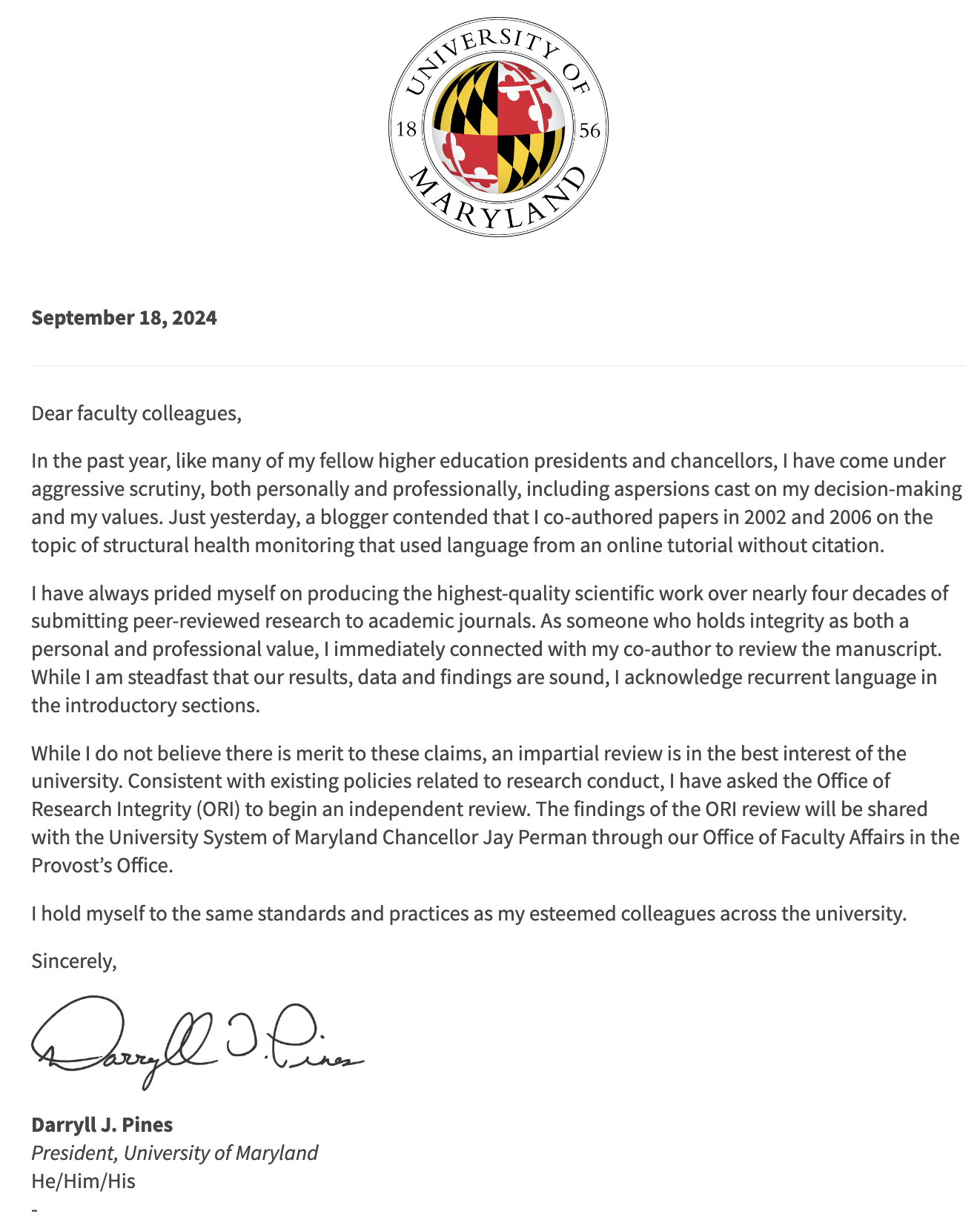
On Tuesday, The Daily Wire identified a 1,500-word section of a 5,000-word paper published in 2002 which Pines had lifted from a tutorial website created by an Australian student in 1996. Pines only changed the British-style spellings.
Pines and his co-author published another paper using the exact same stolen language in a 2006 paper.
Prior to the publication of The Daily Wire’s story, a spokeswoman for Pines seemed to defend the duplicated text, also calling it “recurrent language” and saying “the use of customary or common language in introductory material does not speak to the integrity of the data or the veracity of the findings.”
That drew shock and outrage from several academics, who said that no academic would consider 1,500 straight words pasted from an un-cited, little-unknown author to be “customary or common language,” or acceptable to use in a paper.
Online, some students speculated that if Pines was not punished, students punished for academic dishonesty would have grounds to contest their punishments.
Reporting on the fallout, The Baltimore Banner quoted SPIE, an engineering society that published the 2002 paper, saying it “considers plagiarism by authors and contributors in any form, to any degree, to be unethical, unacceptable, and a serious breach of professional conduct.”
It also quoted Jonathan Bailey, a “plagiarism expert,” who seemed to both acknowledge that the plagiarism was real and major, but dismiss it because the media outlet flagging it was not liberal.
The evidence against Pines “appears to be one of the stronger” cases, he said, saying “we have whole sections of a paper that are near verbatim or verbatim.”
Yet “the uptick in plagiarism accusations over the last year has targeted people of color, in particular,” the Banner claimed, paraphrasing Bailey.
(The Daily Wire did not look into Pines because he is black, but because of an incident this month in which he falsely passed off ChatGPT output as original Maryland “faculty scholarship.”)
“Bailey said as someone who ‘cares deeply about plagiarism,’ he finds the accusations frustrating for both himself and universities that have to investigate serious allegations even when they come from, as Bailey views it, a place of bad faith,” the Banner continued.
The paper did not say why reporting on academic misconduct was “bad faith,” except that “The Daily Wire is a conservative publication who often rail against diversity, equity and inclusion initiatives,” seemingly suggesting that standards should not apply to scholars like Pines, a rocket scientist who this year co-authored papers titled “Stereotypes and implicit biases in engineering: Will students need to ‘Whistle Vivaldi’?” and “Understanding the ‘Us All’ in Engineering 4 Us All through the Experiences of High School Teachers.”
A side-by-side of the student’s 1996 website and Pines’ paper is below. The Daily Wire’s original story is here.

Originally Published at Daily Wire, World Net Daily, or The Blaze
What's Your Reaction?















